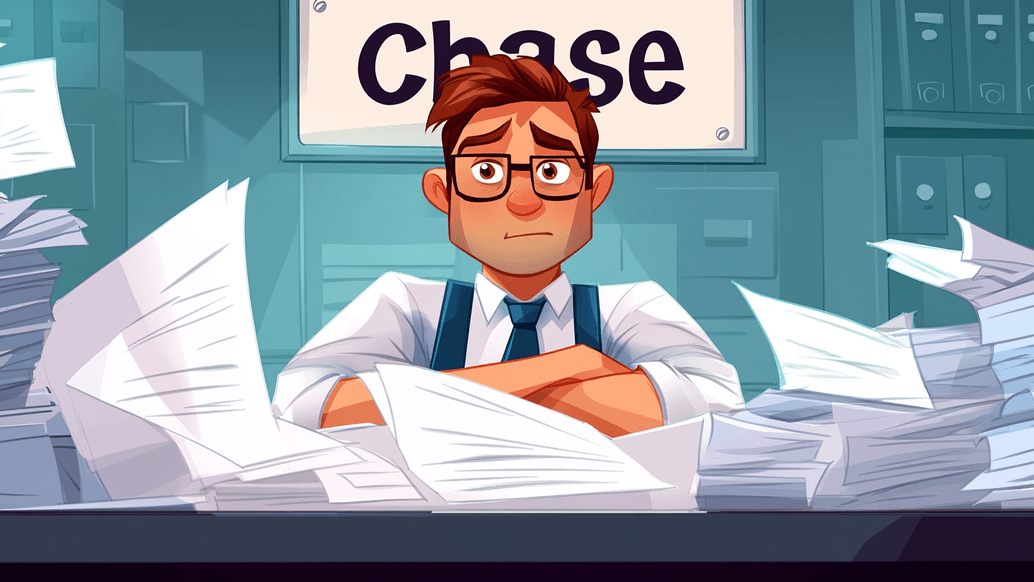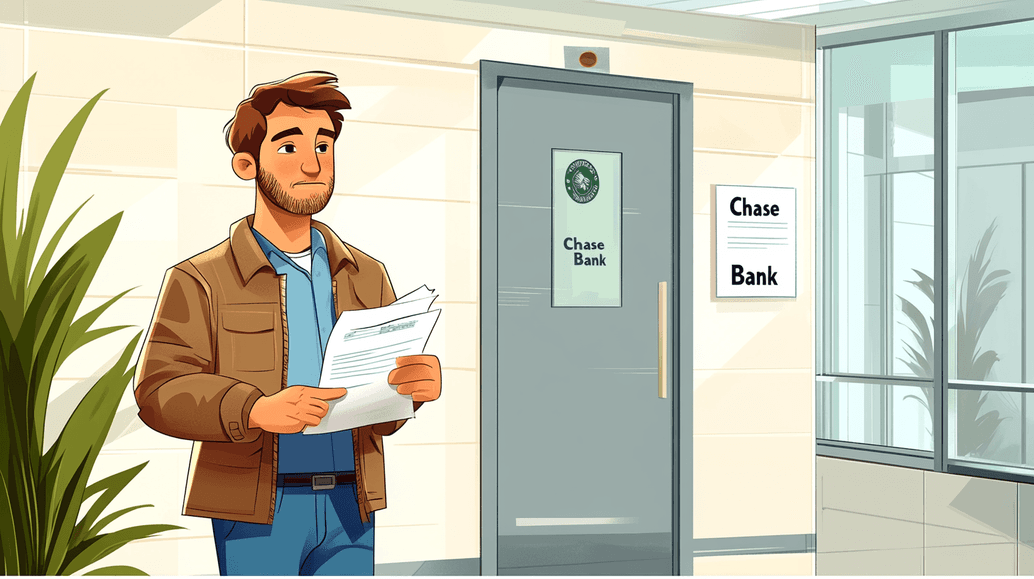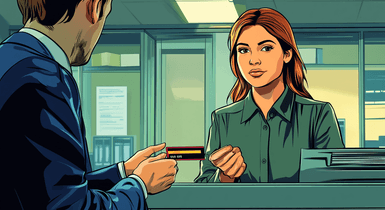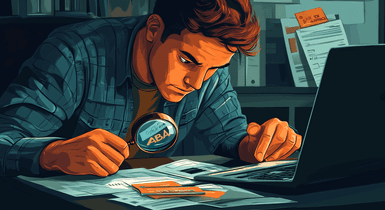Does Chase Bank Have a Notary? [Complete Guide]
Contents

Need a document notarized, but sick of the overly expensive professional notary services? Entrusting the task to a Chase Bank notary can be a cheaper alternative, as long as you can handle the appointment scheduling nuances and meet the service conditions.
In this guide, we’ll explore the peculiarities of Chase’s notary services and discuss who can access them and how. Read on to learn about the notary public at Chase Bank, what you should do before visiting your local branch, and what types of documents are covered.
What Is a Notary and What Services Do They Provide?

A notary is a professional accredited and licensed by the state to certify the authenticity and accuracy of legal documents. The notary’s role in the legal system is to verify the identities of individuals and be a witness to the signing of important documents. All of this is crucial for preventing fraud.
A wide range of documents require notarization to function, including contracts, power of attorney, real estate papers, wills, and more.
As a rule, the cost of legal assistance and document authentication is quite high. If you want to reduce the costs and your documents are eligible, you can use the Chase Bank notary services.
Does Chase Bank Offer Notary Services?

So, does Chase notarize documents? It’s an easy thing to get wrong, since the Chase notary services are not mentioned explicitly on the bank’s website. However, if you keep a few caveats in mind, you can get your documents authorized at a branch.
Chase can notarize a variety of documents, such as affidavits, business documents, bank forms, etc. In most cases, you should be a Chase customer to access this service, but some branches also offer notary services to non-Chase clients for a fee.
Is the Notary Service Free for Chase Customers?
Notary services at Chase are either competitively priced or even free, depending on your account type. If you have a savings, checking, or credit card account, you can usually receive the seal or signature for free by visiting a nearby branch.
Note that the free notary Chase services are provided only at select branches, even if you are an eligible customer.
Availability by Branch and Appointment Requirements
Sadly, there’s no guarantee you’ll actually get the service. Some offices will provide any notary services you might need, while others will provide none at all, or have a limited list of documents they can authorize.
It is advised to schedule a Chase Bank notary appointment online or by calling a specific branch before visiting. This way, you can find out what documents the bank’s notary accepts and when they can help you.
How To Access Notary Services at Chase Bank

So, we’ve moved from “Does Chase Bank have a notary?” to “How do I contact a Chase Bank Notary?”. If you are the bank’s client, you can get a notary by taking the following steps.
Step 1. Call or Visit Your Local Branch
Find your local branch by using Chase’s branch locator, which you can find on the bank’s website. By entering your zip code, you’ll get the address and phone number of the nearest Chase office. While you may visit the branch immediately, it is a good idea to make an appointment beforehand.
Step 2. Bring Valid Identification
You must have two forms of valid identification. For example: driver’s license, passport, government-issued identification card. Make sure to bring the originals of the IDs (copies or screenshots are not accepted).
Additionally, make sure that all the individuals related to the document who must also be present for notarization also meet the same requirements.
Step 3. Bring the Required Documents
You must bring the unsigned physical documents that require notarization. To avoid wasting your time, you can call the branch beforehand to find out if your documents can be notarized there.
Step 4. Sign in the Presence of the Notary
Once you’ve scheduled an appointment, all you have to do is bring the necessary documents and any individuals involved in the notarization process to the branch. The steps you’ll need to take from there depend on the document you need notarized.
What Documents Can Be Notarized at Chase Bank?

The list of documents that can be notarized depends on the branch you visit, which is why it’s crucial to contact the bank’s representatives beforehand. A typical list includes:
- Affidavits: A written statement supported by an oath or affirmation.
- Power of attorney: A document giving a person legal right to take action on behalf of another person.
- Wills and trusts: Legal documents that determine the distribution of a person’s property after their death.
- Real estate documents: Documents, mortgages, and leases related to property transactions.
- Contracts: Agreements between parties that require confirmation to be enforced.
- Loan documents: Agreements related to borrowing money, often for mortgages or personal loans.
- Acknowledgments: Verification that a signature was made voluntarily and in the presence of a notary.
- Birth and death certificates: Official documents that require verification for legal purposes.
- Business documents: Charters or organizational documents for businesses.
- Court documents: Documents and court filings that require notarization for legal purposes.
FAQ
Are notary services free at Chase?
You can benefit from the Chase notary services for free only if you are a Chase client and have an eligible savings, checking, or credit card account. Otherwise, you may not be able to access the service at all, or you will have to pay a fee.
Do all Chase branches offer notary services?
No. Not every Chase branch has a notary on their team, and those that do still have limited working hours. We recommend that you call the branch you plan to visit ahead of time and make a Chase notary appointment. This way, you can be sure that a service provider will be present.
Can I get notary services at Chase without an account?
In most cases, you have to be a client to access the Chase Bank notary service. However, some branches have a different policy and offer notary services even to non-clients for a fee.




